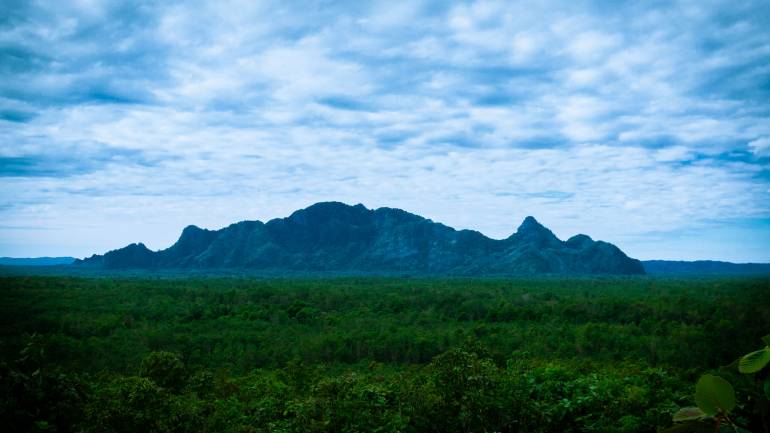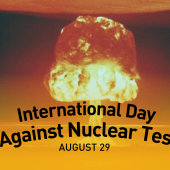UN Day for Preventing the Exploitation of the Environment in War and Armed Conflict on November 6

The United Nations' International Day for Preventing the Exploitation of the Environment in War and Armed Conflict is annually held on November 6. It aims to educate people about the damaging effects of war and armed conflict on the environment.
At least 40 percent of all internal conflicts have been linked to the exploitation of natural resources such as timber, diamonds, gold and oil, or the resources such as fertile land and water. Conflicts involving natural resources are twice as likely to deteriorate. The United Nations wants to ensure that action on the environment is part of conflict prevention, peacekeeping and peacebuilding strategies. There can be no lasting peace if the natural resources that sustain livelihoods and ecosystems are destroyed.
Decades of wars in countries such as Afghanistan, Colombia, or Iraq and even Myanmar have led to the immense loss of natural resources.
Many inter-connected environmental issues have worsened, such as air and water pollution, climate change, soil degradation, over-exploitation of natural resources, biodiversity loss, deforestation, desertification.
It has been disastrous for wildlife and forest conservation in Myanmar and many countries, as these habitats have opened the doors to illegal logging, unregulated mining, and massive poaching.
It would be dangerous to ignore these environmental consequences of conflict, and the international community needs to act with greater urgency.
This International Day for Preventing the Exploitation of the Environment in War and Armed Conflict is an opportunity to speak out and renew our commitment to protect our common home, even in the face of hostile armed conflict.
Education is needed for the Indigenous People to safeguard nature. It is essential to help developing countries improve and sustainably manage their natural environment.
It is to build capacity to deploy these mechanisms, including online courses.
Now is the time to renew our commitment to protect our planet from the effects of war and also, the impacts of climate change already threaten our common home or planet.
The United Nations remains committed to working with governments, businesses and citizens to protect the environment before, during and after the armed conflict.
Throughout the military rule in Myanmar, the constitutions have not protected and guaranteed indigenous people and ethnic nationalities' rights. The government undermines the customary tenure and the practices of indigenous people on their land, forest and water resources. In consequence, large-scale logging has destroyed the forests.
In recent years, many community leaders and members decided to establish indigenous parks to protect indigenous people and the local community's rights in the future.
Now is the time to strengthen transparency and better mechanisms for monitoring, collecting, sharing and assessing information on potential environmental impacts and protecting natural resources in armed conflict.
Radio Veritas Asia (RVA), a media platform of the Catholic Church, aims to share Christ. RVA started in 1969 as a continental Catholic radio station to serve Asian countries in their respective local language, thus earning the tag “the Voice of Asian Christianity.” Responding to the emerging context, RVA embraced media platforms to connect with the global Asian audience via its 21 language websites and various social media platforms.











